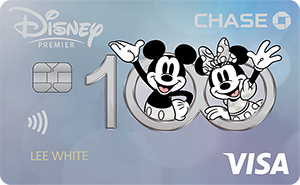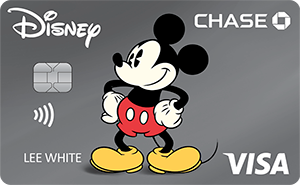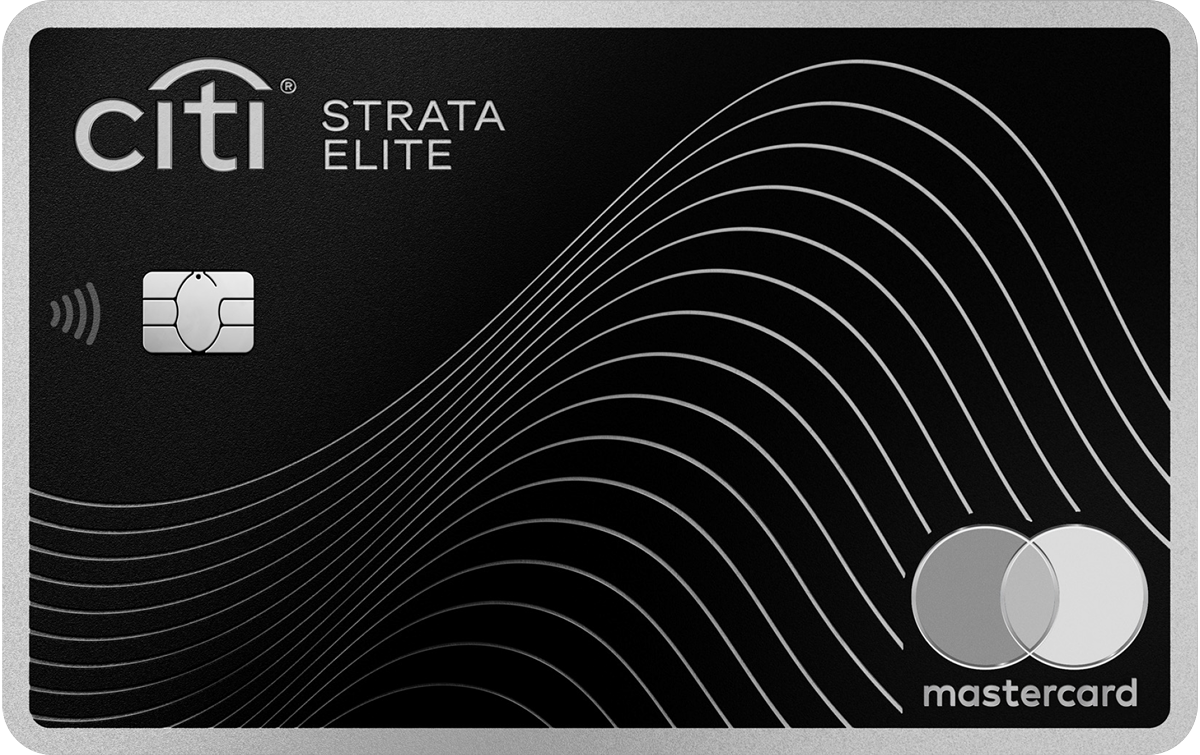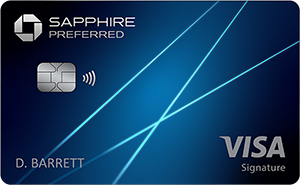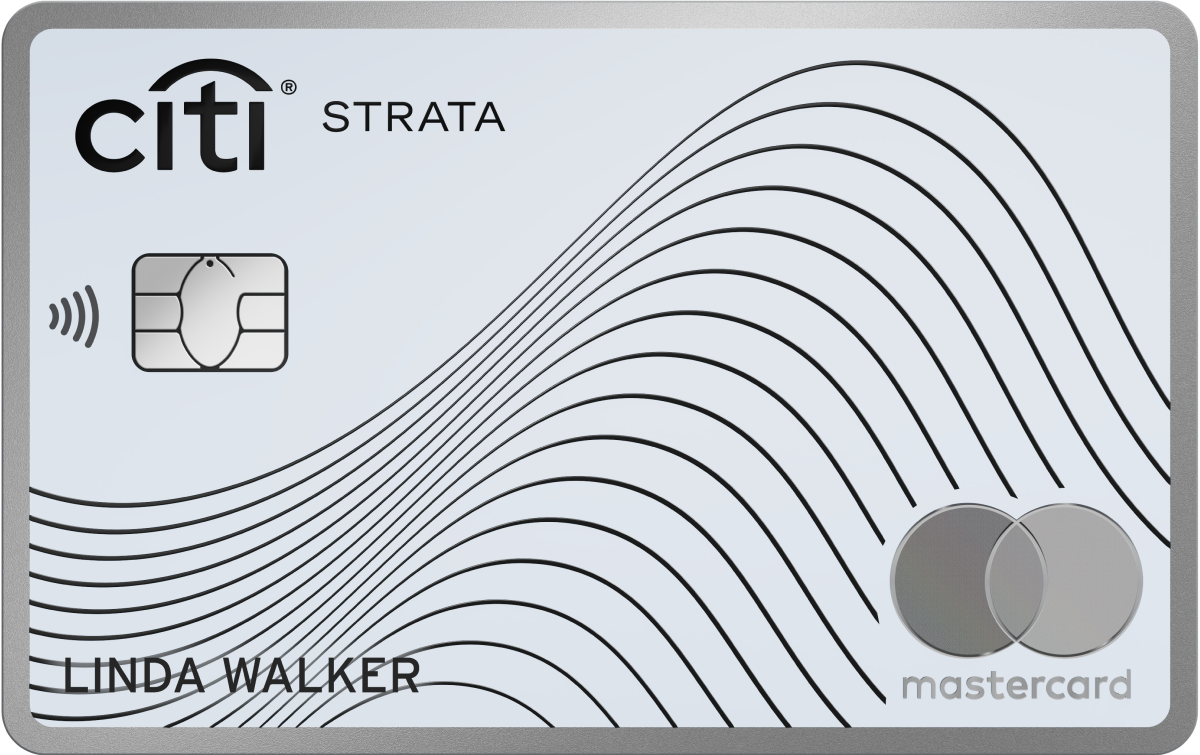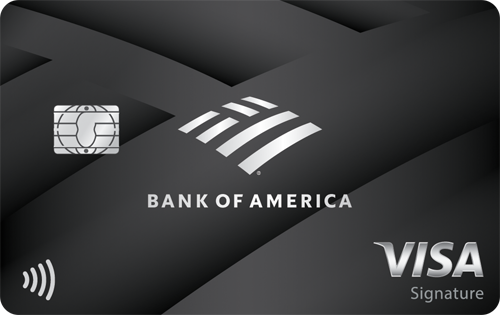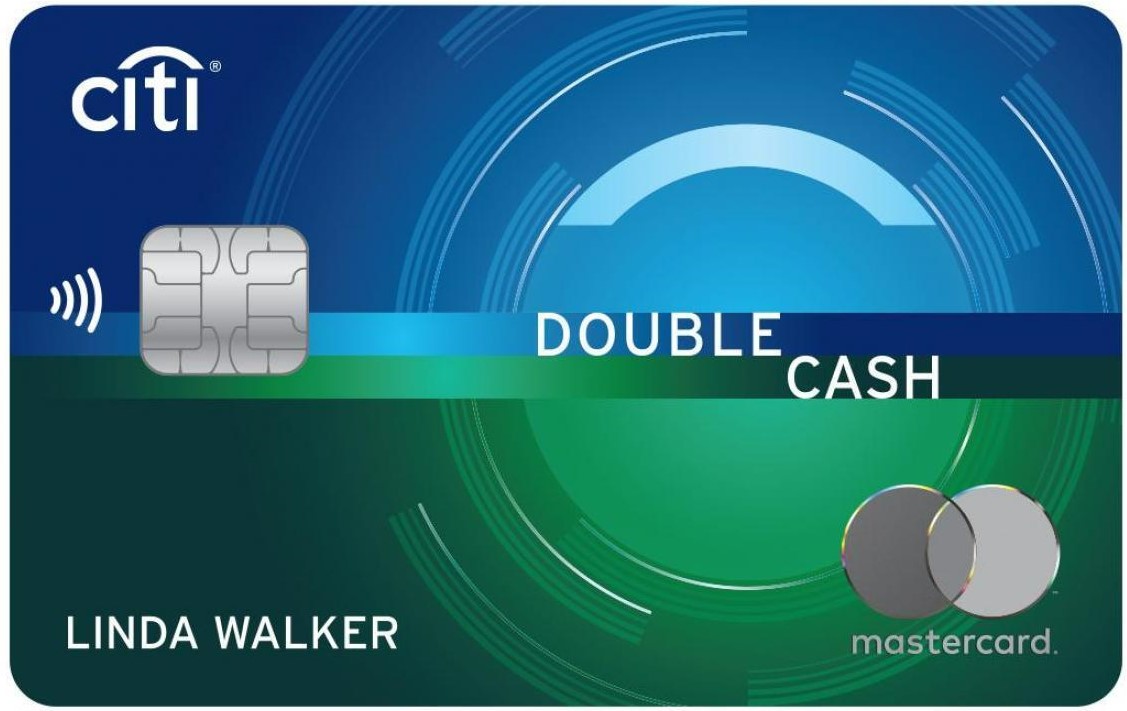Does Capital One Charge Foreign Transaction Fees?

Are you planning to use your Capital One card on your next vacation, business trip or international adventure? The good news is that Capital One doesn’t charge a foreign transaction fee. But you could end up spending more than expected due to how overseas banking and currency exchange rates work.
Before packing your Capital One credit or debit card in your carry-on bag, learn more about how international fees work with these cards, how to minimize these fees and the best ways to use your card while abroad.

400+ Credit Cards
Analyzed independently across 50+ data points in 30+ product categories

Reviewed
By a team of credit card experts with an average of 9+ years of experience

Trusted by
More than one million monthly readers seeking unbiased credit card guidance
CardCritics™ editorial team is dedicated to providing unbiased credit card reviews, advice and comprehensive comparisons. Our team of credit card experts uses rigorous data-driven methodologies to evaluate every card feature, fee structure and rewards program. In most instances, our experts are longtime members or holders of the very programs and cards they review, so they have firsthand experience maximizing them. We maintain complete editorial independence — our ratings and recommendations are never influenced by advertiser relationships or affiliate partnerships. You can learn more about our editorial standards, transparent review process and how we make money to understand how we help you make informed financial decisions.
What Is a Foreign Transaction Fee?
A foreign transaction fee is a surcharge incurred when making a purchase outside the U.S. using a foreign currency or with a foreign merchant. They don’t just apply to purchases, though. Other transactions, like bank withdrawals, can also come with these fees.
Some — but not all — credit cards, debit cards and prepaid cards come with a foreign transaction fee. These fees are a percentage of your total transaction amount. The exact fee depends on the card issuer, but generally ranges from 1% to 3%.
Say, for example, you decide to buy a $100 bottle of wine from Italy. If you use a card with a 3% foreign transaction fee, that bottle will cost $102. This isn’t accounting for possible taxes or other charges. That might not seem like much, but it can add up over the course of a trip.
Here’s a breakdown of how to calculate a foreign transaction fee using the above example:
- The bottle of wine costs $100.
- The foreign transaction fee is 3%.
- Convert the 3% into a decimal to get .03.
- Multiply 100 by .03 to get $3.
- Add $3 to $100 to get $103.
You don’t have to be overseas for a foreign transaction fee to come up. If you’re shopping online with a non-U.S. merchant, your card issuer may tack it on. This will essentially increase your total bill — beyond what the original price tag indicates.
Note that some card issuers will also charge a currency conversion fee. This is a fee for using an ATM or other service to convert one currency to another. The currency conversion fee may be included as part of the foreign transaction fee.
Does Capital One Charge Foreign Transaction Fees?
Unlike some of its competitors, Capital One does not charge foreign transaction fees. However, some credit cards come with other fees, like annual fees, cash advance fees and balance transfer fees. It all depends on the card itself.
Capital One offers around 30 or so credit cards. This includes student, secured, business and personal cards. Some cards require good or excellent credit, while others are geared toward those with fair credit or who are rebuilding their credit.
Here’s an overview of some of Capital One’s more popular cards and what you can expect in terms of fees:
- Capital One Platinum Credit Card (for fair-credit): No annual fee, no foreign transaction fee
- Capital One Venture X Rewards Credit Card (for excellent-credit): $395 annual fee, Balance Transfer Fee applies to balances transferred at a promotional rate, no foreign transaction fee
- Capital One Venture Rewards Credit Card (for good to excellent-credit): $95 annual fee, Balance Transfer Fee applies to balances transferred at a promotional rate, no foreign transaction fee
- Capital One VentureOne Rewards Credit Card (for good to excellent-credit): No annual fee, Balance transfer fee applies, no foreign transaction fee
- Capital One Quicksilver Cash Rewards Credit Card (for good to excellent-credit): No annual fee, Balance transfer fee applies, no foreign transaction fee
- Capital One Savor Student Cash Rewards Credit Card (for fair-credit): No annual fee, Balance Transfer Fee applies to balances transferred at a promotional rate, no foreign transaction fee
- Capital One Platinum Secured Credit Card (for rebuilding credit): No annual fee, $49 to $200 minimum refundable deposit, no foreign transaction fee
- Capital One Spark 2% Cash Plus Business card (for excellent credit): $150 annual fee, no foreign transaction fee
- {capital-one-venturex-business_card-name} card (for excellent credit): $395 annual fee, no foreign transaction fee
Capital One Cards That Don’t Charge Foreign Transaction Fees
Capital One does not charge foreign transaction fees. Whether you’re looking for a secured or unsecured credit card, you’ll never be charged this fee for making a purchase outside the U.S. or with a foreign vendor online.
This no-foreign-transaction fee policy goes for travel rewards cards like the Venture X and VentureOne Card. It also applies to cashback cards like the Quicksilver Card and Savor Cards. It also applies to business credit cards like the Venture X Business card and student credit cards like the Capital One Savor Student Cash Rewards Credit Card.
Other Fees to Watch Out for While Traveling
Since Capital One doesn’t have foreign transaction fees, you can save money when using your card for international travel-related purchases. But be aware that Capital One still charges other fees.
These include:
- Annual fees (range from $0 to $395)
- Purchase APR
- Balance Transfer APR
- Cash advance fees (typically $5 or 5% of the cash advance)
- Late fees (up to $40)
- Balance transfer fees (typical range: 3% to 5%)
Unlike other major banks and credit card companies, Capital One also doesn’t charge a currency conversion fee. This means more savings potential when using a Capital One card abroad.
The card issuer also has over 70,000 fee-free ATMs nationwide, meaning you can withdraw or deposit money without paying extra. However, you may have to pay a fee at international ATMs:
- For Capital One 360 products (like 360 Checking or Money): There are no additional ATM fees when using your debit card.
- For non-Capital One 360 products: Capital One may charge a $2 ATM fee plus 3% of the transaction amount when withdrawing money at an international ATM. This applies to transactions made outside of the U.S., U.S. Virgin Islands and Puerto Rico.
Many major banks and credit card issuers charge for out-of-network and international ATM withdrawals.
It’s always a good idea to check your credit or debit card for its rates, fees and other disclosures. After all, the last thing you need is to be blindsided by extra charges you didn’t know about.
How Capital One’s Currency Conversion Works for International Purchases
Sometimes, a credit card company or bank will include a currency conversion fee with its foreign transaction fees. This typically occurs when you use a specific card to convert currency — either at a foreign ATM or international vendor.
Before traveling, check the current exchange rates online. This might not give you an exact number, but it will give you an estimate of how much exchanging currency might cost.
Note that Capital One doesn’t charge a currency conversion fee. In other words, Capital One doesn’t add a markup on conversions — and you won’t have to pay extra if you go overseas or shop at a foreign merchant online.
Tips for Using Your Card Abroad Without Extra Charges
As you start packing your bags and figuring out which credit or debit cards to add to your wallet, it’s crucial to find ways to keep costs low. Here are some of the best ways to use your Capital One card abroad without incurring extra charges:
1. Be Mindful of Which ATMs You Use
Capital One may charge international ATM fees up to 3% of the total transaction amount (plus $2). The ATM operator itself might also charge a fee, which will show up on the screen before you finalize a transaction.
It’s usually a nominal amount — $2 to $5 — but you can avoid it by sticking with in-network ATMs or withdrawing cash before your trip.
2. Check the Terms and Conditions
Every credit card is different, so review the terms, conditions and fees carefully. Even if there aren’t any foreign transaction or currency conversion fees, other fees — like annual fees — can become expensive.
3. Avoid Cash Advances
Capital One charges as much as 5% for a cash advance. A $400 cash advance would cost $20 (for a total withdrawal of $420).
Do this a few times and you could easily spend an extra $100 or more.
4. Use Cash
One of the easiest way to avoid credit card fees is to use cash. You won’t incur interest or have to worry about hidden international fees by an ATM provider.
5. Pay in the Local Currency
This is also a great way to avoid conversion fees, which individual merchants might charge.
6. Convert Your Money in Advance
Before your trip, visit a bank or credit union to convert your currency. You can usually get the best rates at these types of places, but it doesn’t hurt to do your research. If possible, don’t convert you money at the airport as fees tend to be higher [13].
7. Always Pay Off Your Balance
Whether you’re traveling abroad or domestically, always aim to pay off your full balance each month. Otherwise, you will incur the ongoing APR.
Does Capital One Have Foreign Transaction Fees for Business Cards?
Capital One offers the following business cards, none of which charge a foreign transaction fee:
- Spark 2% Cash Plus
- Spark 2% Cash
- Spark 1.5% Cash Select
- Spark 1% Classic
- Venture X Business
- Spark 2X Miles
- Spark 1.5X Miles Select
- Bass Pro Shops and Cabela’s CLUB Business Mastercard
Capital One doesn’t charge foreign transaction fees for these business cards. Nor does it adjust the currency other than to convert it into a U.S. dollar amount.
This is good news for business travelers since it means fewer fees to worry about. Some of Capital One’s business cards also feature a one-time cash welcome bonus and unlimited cashback rewards — even for international purchases.
Benefits Beyond Foreign Transaction Fees
Capital One offers banking and credit-related services in the U.S., Canada and the U.K. Although it doesn’t have a physical presence overseas, you can still use your Visa or Mastercard in millions of locations worldwide.
In addition to not having foreign transaction fees many Capital One cards offer an array of other travel-related perks. These can include:
- No currency conversion fees
- Ability to earn cash back or bonus miles
- Domestic and international travel insurance (including trip cancelation, trip interruption, and trip delay insurance)
- Travel accident insurance
- Secondary rental car insurance
- Delayed or lost baggage insurance
Coverage varies by card, so read the fine print.
As a cardholder, you’ll also gain access to Capital One Travel. When you book a trip through Capital One Travel, you may earn extra rewards on things like flights, hotels and rental cars. You can also get a price match guarantee to ensure you’re not paying more than you should.
For Capital One products listed on this page, some of the benefits may be provided by Visa® or Mastercard® and may vary by product. See the respective Guide to Benefits for details, as terms and exclusions apply.
** Information for the Capital One Venture X Business Card, the Capital One Spark 2% Cash Plus Business card** and Capital One Savor Student Cash Rewards Credit Card was not reviewed by Capital One or provided by Capital One.
Frequently Asked Questions
Capital One doesn’t charge foreign transaction fees, but it’s still wise to understand exactly what you’re getting – and paying – when using a credit card. These are answers to some common questions about Capital One and foreign transaction fees.
Does Capital One Have Foreign Transaction Fees?
No, Capital One doesn’t charge any foreign transaction fees. This is good for casual and frequent travelers alike.
What is the Foreign Transaction Fee for Capital One Cards?
Capital One cards come with a $0 foreign transaction fee. When using your card at a foreign ATM, however, you might be charged a $2 ATM fee plus 3% of the total transaction amount.
This fee does not apply to transactions made within the U.S., U.S. Virgin Islands or Puerto Rico.
How Can I Avoid Foreign Transaction Fees with Capital One?
Since Capital One doesn’t charge a foreign transaction fee, you’re in luck – avoiding it is as easy as using your card like normal. There are other international fees, like international ATM fees, though.
Use your card at in-network or domestic ATMs only. When purchasing something through a foreign merchant, check for any hidden fees.
Are There Any Fees When Using a Capital One Card Abroad?
You won’t have to pay any currency conversion or foreign transaction fees. But you might be charged other fees, including annual fees, variable APR, cash advance fees, late fees or international ATM fees.
Does Capital One Offer Rewards for International Purchases?
Capital One offers many cash back and travel rewards cards. When you use your credit card to purchase something, you can earn cash back or bonus miles on that purchase. Rewards and limitations vary by card.
- What Is a Foreign Transaction Fee?
- Does Capital One Charge Foreign Transaction Fees?
- Capital One Cards That Don’t Charge Foreign Transaction Fees
- Other Fees to Watch Out for While Traveling
- How Capital One’s Currency Conversion Works
- Tips for Using Your Card Abroad
- Does Capital One Have Foreign Transaction Fees for Business Cards?
- Benefits Beyond Foreign Transaction Fees
- Frequently Asked Questions



